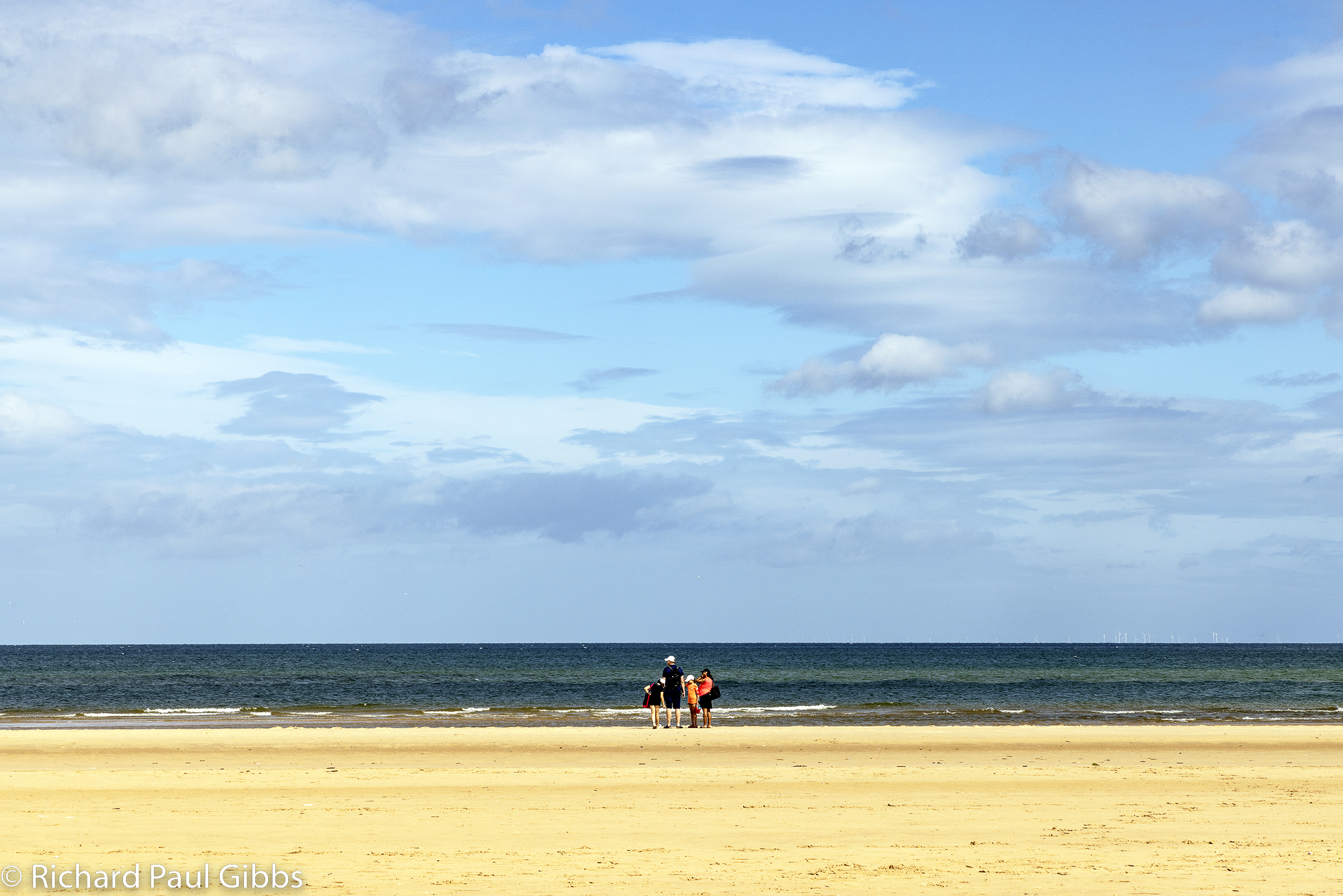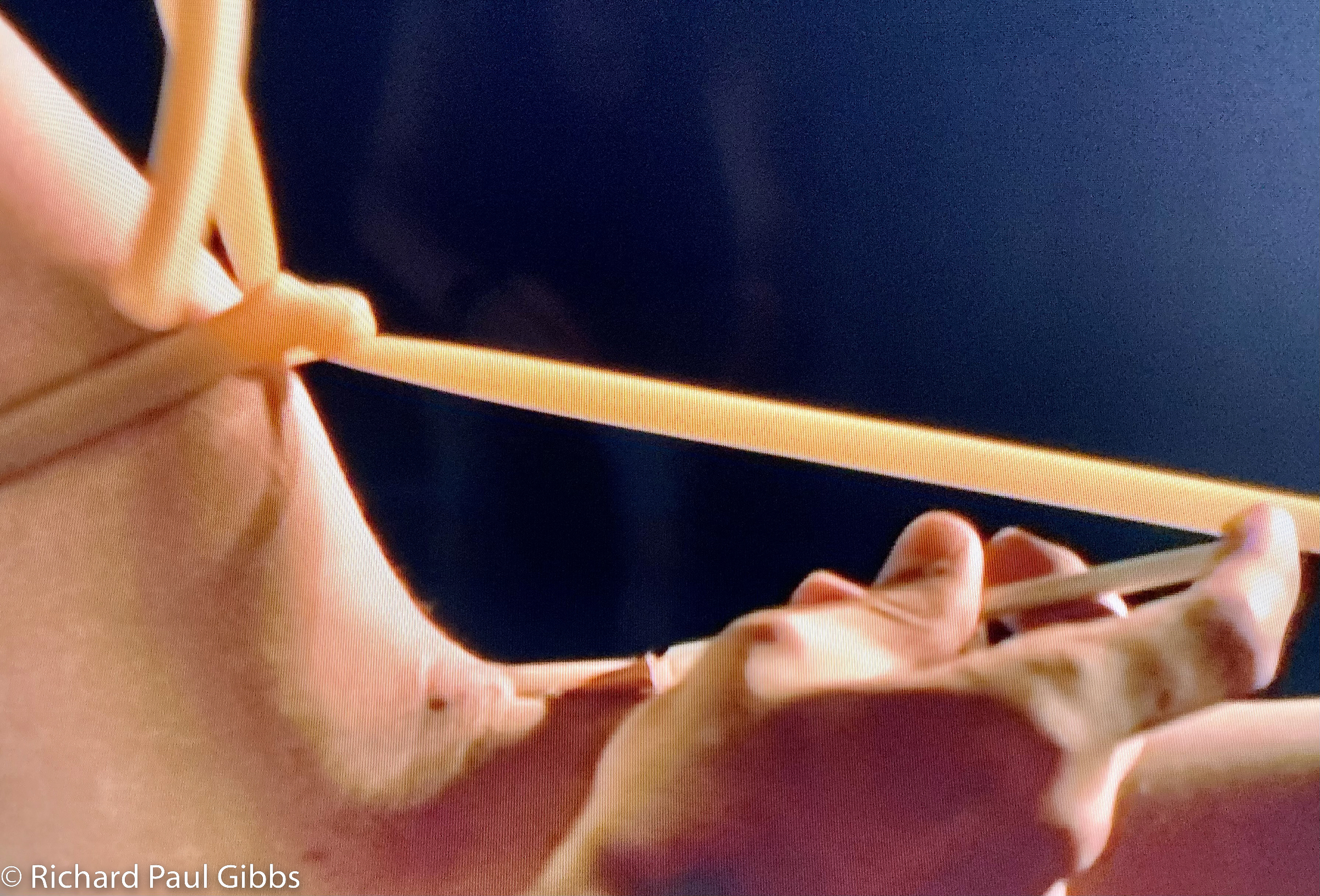Dementia, by any other name.....
At the end of Act three, Scene six of King Lear, Shakespeare's most abstract and extraordinary tragedy, Edgar, the legitimate son of the Earl of Gloucester, who has been driven to assume the cloak of insanity by his half brother Edmund's scheming, makes this pronouncement:
When we our betters see bearing our woes,
We scarcely think our miseries our foes.
Who alone suffers, suffers most i'th'mind,
Leaving free things and happy shows behind.
Edgar has witnessed Lear's dementia, through the eyes of Poor Tom, but he momentarily steps out of his own disguise to comment to the audience on the loneliness of madness.
 |
We two alone will sing like birds i'th'cage..... |
Almost two years ago I watched Simon Russell Beale as Timon of Athens, at the National Theatre, while Andy Murray was beating Federer on Centre Court. For some reason that combination of events caught my imagination and I included it in my blog piece on Timon. This Wednesday, at the National Theatre, I watched Simon Russell Beale descending into hell and oblivion as Lear, while simultaneously Andy Murray's lack of aggressive forehands led to his downfall against Grigor Dimitrov in Wimbledon's men's quarter-final match, IBM analysis has suggested (as quoted in The Daily Telegraph).
I won't pursue the links between these late eclipses - I will simply take them as circumstantial turns of Fortune's Wheel, though I cannot help but think of Gloucester's words:
As flies to wanton boys are we to th' gods;
They kill us for their sport.....
Anyway..... in 1967 I studied King Lear and still have my Cambridge University Press copy, much annotated under the guidance of the terrific John Davison, a teacher who not only would chase his class around the school to refresh them halfway through a double lesson, but who would then fold his almost seven foot frame into a Porsche 911 at the end of the day to disappear in a dust of latin phrases as we wearily wandered home.....
The bare facts are these: Lear is King of pre-Christian Britain, and wishes to retire. He divides the kingdom in three parts between his daughters and then expects them publicly to earn their shares by declaring their love for him. The older two women, Goneril and Regan, exaggerate; the youngest daughter, Cordelia, declines to play the game. In a rage Lear disowns her and splits the kingdom in two, on condition that his older daughters look after him and his hundred retainers. Very quickly, however, this proves too much and both women turn him away. Losing his sanity Lear spends a night out in a storm, supported by three faithful followers. War breaks out between the King of France, who has married Cordelia, and Britain. Lear takes refuge with Cordelia at Dover, but her forces are defeated and they are imprisoned. Treachery, which stems largely from the sub-plot, complicates the ending and all the family die, leaving the state to be governed by Lear's eldest son-in-law.
In 1968, prior to our exams, we shuddered in the cavernous Shakespeare Memorial Theatre, Stratford, as Eric Porter stripped to his underpants to rail against the weather and Cornwall shucked oysters out from Gloucester's eye sockets to splat them on the stage.....
I was affected. The play, never mind the actors, nor directors, had gripped me, and the intense web of theme and nuance has never since left me alone. The profound emptiness of the line Nothing will come of nothing reverberates through the caverns of my hollow mind; the sallow bleat of The gods are just and of our pleasant vices Make instruments to plague us pricks me in my irresponsibilities; and the crushing sadness of I have no way, and therefore want no eyes; I stumbled when I saw.... twists my heart and causes tightness in my chest at times when the cinder path of life seems to burn my feet.....
![[Kinglear.jpg]](https://blogger.googleusercontent.com/img/b/R29vZ2xl/AVvXsEgSOYjQjf79VdtUFzTzHsKnrHUd1koQiRNYttJWTaMWLW_d1Yc_2QuxFm0AjJlIG6AaYkfGfZXAu5Z0ghxscCxhQ8plI4vuhXB025qmNfh8-cSV8-pAVQaBeoXoSCErTkxqNWKOK1C6_Yk/s1600/Kinglear.jpg)
But my teenage years have long gone, and the clouds of smoking fires' smouldering embers are hazed and dark. When we discussed Lear and his madness in that temporary classroom, I only partly comprehended, despite the power I sensed that welled up within the play. I grasped, I think, the intricacies of plot and subplot, the parallels of good and evil in the offspring, the paradoxes of sight and sightlessness, the ambiguity of Nature and the complexities of love. But I did not understand the meaning of madness.
But now, perhaps, as I have learned what a poor, bare, forked animal I am, the gossamer veil which fences in the sane has been revealed in all its intricate nothingness. Be Kent unmannerly when Lear is mad.... See better, Lear, and let me still remain The true blank of thine eye......
 |
From Eisenstein to Bacon, the frightening paradox of spectacles |
It is about perception, and sight - insight, foresight, hindsight. We do not always see the meaning, the importance, the relevance, the joke..... Here below is Lear in confused rage with his daughter Regan (who, although she will not tolerate his excesses, would put up with him alone):
And here is Simon Russell Beale's Lear disrobed, pensive, quiet, discussing dementia with a host of strangers as if it were a game of chess.....
Where is the madness in a quiet mind? Like the clapping of one hand it is impossible to detect. Is Lear mad when asleep (the Doctor wisely recognises that rest will cure)? The word mad derives from the Old English for foolish, though today it has more overtones of rage, as in a mad bull. Insanity and dementia both come to us from Latin, with the first having connotations of an unhealthy condition, and the second implying being out of mind, deranged - out of control.
Just how far Shakespeare intended consciously to depict or explore madness in this play we can only hazard, but it is not incidental that Lear trades quips with his Fool (Prithee, nuncle, tell me whether a madman be a gentleman or a yeoman. Lear. A king, a king!) And it is not accidental that in Shakespeare's play Lear travels from apparent control (even if foolishly mistaken) to a complete lack of discipline, made most clear in Sam Mendes's production when Lear suddenly bludgeons his Fool to death in a bath.
But Lear is not the only one who may be mad.... Why does Cordelia so resolutely defy her father? She is perhaps little more than an impetuous teenager, stubbornly holding principles that will do nobody any good, but the scene rapidly spirals unnecessarily to crazy outcomes (not unlike, incidentally, Juliet's last encounter with her intemperate father, Capulet). Why do her sisters flatter the King their father so and then turn him out of house and home? Why does Edmund run so wildly against his brother, and his father, and then play so riskily with Regan and Goneril? Is Kent not rash and foolish to risk death rather than accept an unjust banishment? And what need is there for Edgar to mimic a bedlam beggar so vividly?
 |
| Simon Russell Beale as Lear, about to banish Kent |
What lines can be drawn? To touch on two quite different stories currently in the news, was Oscar Pistorius mad when he shot Reeva Steenkamp? And was Rolf Harris mad when he sexually assaulted young women? What is apparent is that both men behaved aggressively and (seemingly) out of character; there is talk now of Pistorius having a split personality (which I thought was old-fashioned psychobabble for bi-polarity). But can't the same be said for Harris, who on the one hand sang about two little boys with three legs, and on the other fondled the queen... Or am I confused? At what point is there an excuse for any individual to lose their balance? Where is there reason for unreason?
 |
Enter Lear asleep in a chair...... |
It is Lear's love for Cordelia and her response which provides the counterpoint to the horrors of the play. Having rested and been re clothed, Lear is woken, gently. He is confused, and initially he protests:
You do me wrong to take me out o'th'grave:
Thou art a soul in bliss; but I am bound
Upon a wheel of fire......
 |
Where have I been? Where am I? |
And for a moment things look up. There is hope of restoration. The evils may be past, and the catastrophic falling out, which sparked off so many ills, could be healed. Lear shows humility (I am a very foolish fond old man) but Edmund, Regan and Goneril are still at large, and there are more woes to come.
 |
Juri Jarvet as Lear in Grigori Kozintsev's
1971 film |
Some years ago, my dear cousin Isobel, then in her early thirties, took her life at Beachy Head. This is one strand that affects me now when I see Edgar lead his father supposedly to the heights of the cliffs near Dover. And then to see the blind man fall, to hear Edgar's wondrous explanation, is to feel those last few moments of a young life slip through the air.
Then, at Putney Vale cemetery, she was laid to rest, and I still see my uncle waving goodbye at the graveside. Howl, howl, howl! Parents are not meant to bury their children. This feather stirs - she lives!
My uncle today, like my mother, is old, and has dementia, perhaps not unrelated to the shock of his daughter's death. He does not rave, Spit, fire! spout, rain! so we will not proclaim him mad, but his mind wanders, and vague thoughts recur.
My mother, having fallen violently one night and lost an eye (which led then to the trauma of general anaesthesia and the operating theatre), muddles words, and is less than steady on her feet. Old beyond accurate diagnosis, she may have Dementia with Lewy Bodies, the same possibility that provided Simon Russell Beale with some tics for his Lear, though the name is not important. The condition will not get better.
The core of the play is dementia. The plot concerns politics, and family strife, love, Nature, and tyranny, but the all-pervasive theme is dementia. What happens when your father becomes demented and his habits are unsupportable? What happens when you cannot see the mistakes you have made and believe the world is against you?
At the end of King Lear, the dead rise and evil is undone; the cast all appear together, bow, and disperse to their ordinary lives. We stood to applaud at the end of the final performance of the Mendes/Beale collaboration at the National. I felt uplifted, catharsised (if such a word is permitted), inspired (and could not give a toss about Murray's eclipse). But outside the theatre our minds will continue to decay, and many a soul will degrade as dementia progresses. The tempest of life goes on.
Poor naked wretches, whereso'er you are,
That bide the pelting of this pitiless storm,
how shall your houseless heads and unfed sides,
Your looped and windowed raggedness, defend you
From seasons such as these?
 |
Order is restored - the entire cast take a bow after the last performance |
It would be nice to think that at the end of the play, when Edgar re establishes his sanity, his words are optimistic:
The oldest have borne most: we that are young
Shall never see so much, nor live so long.
But as yet we cannot stop the tide. Shakespeare never heard the name of Alzheimer, nor Lewy, nor ever saw a prescription for donepezil hydrochloride, nor had an MRI scan, but he knew too well the distress that visual and audible hallucinations may cause, the difficulties of memory loss, mood swings, confusion, and even perhaps the problems of progressive non-fluent aphasia, or semantic dementia, though,
What’s in a name? that which we call a rose
By any other name would smell as sweet;
(and will still have thorns.....)
In 2012 in the United Kingdom 800,000 people had some form of dementia.
One in three people over the age of 65 will develop dementia.
By 2021 there will be over one million people in the UK suffering from dementia.
And as yet there is no cure.
Lear was not alone.
 |
So, so; we'll go to supper i' th' morning |
Please note that many of the pictures above have been borrowed, but borrowed in the hope that their use will be pardoned as illustrative and promotional material. There is no intent to profit from their use.





































![[Kinglear.jpg]](https://blogger.googleusercontent.com/img/b/R29vZ2xl/AVvXsEgSOYjQjf79VdtUFzTzHsKnrHUd1koQiRNYttJWTaMWLW_d1Yc_2QuxFm0AjJlIG6AaYkfGfZXAu5Z0ghxscCxhQ8plI4vuhXB025qmNfh8-cSV8-pAVQaBeoXoSCErTkxqNWKOK1C6_Yk/s1600/Kinglear.jpg)





